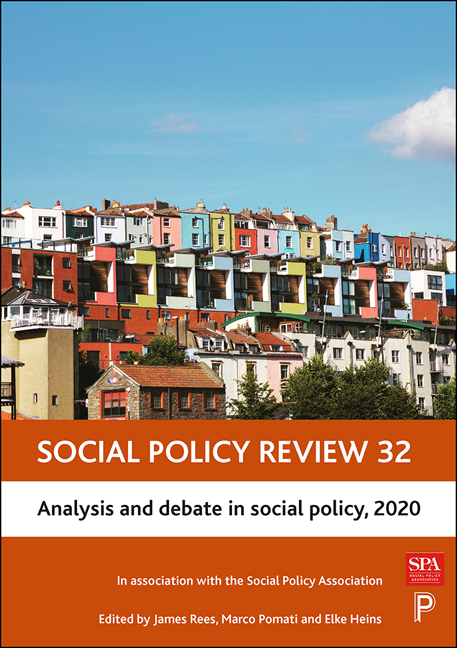7 - Cultural Education and the Good Citizen: a Systematic Analysis of a Neoliberal Communitarian Policy Trend
Published online by Cambridge University Press: 18 March 2021
Summary
Introduction
This chapter delivers an analysis of notions of ‘good citizenship’ in the conceptualisation and operationalisation of policies targeting the cultural literacy of young people in the UK over the past decade, based on the findings of a systematic policy review. This review, methodological details about which are given later, included the analysis of 28 policy documents in the field of cultural literacy in the UK published since 2007. The chapter examines how, through these documents, the state defines and frames the parameters of what constitutes good citizenship in this policy field, in terms of practices, identities and values (Pykett et al, 2010; De Koning et al, 2015).
After first introducing the core concepts of good citizenship and cultural literacy that inform the chapter as a whole, the chapter provides details of the systematic review methodology and how this was deployed in this research, as well as contextual information on cultural literacy policies in the UK. It then moves into a detailed discussion of the findings of the review. Through fine-grained analysis, we show that these policies have been shaped by the intervention of a neoliberal economic logic aimed at constructing young people into neoliberal subjects, and that culture has been understood in strongly nationalist terms, conceiving of the importance of nationalist sentiment in the context of perceived challenges associated with diversity.
Based on this analysis, we argue that framings of good citizenship in this policy field reflect a neoliberal communitarian model of governance. This model, which has been influential in the study of the integration of new immigrants, captures the demands placed on noncitizens to prove that they are deserving of citizenship as a ‘double helix’ comprised of the neoliberal responsibilisation of prospective citizens as hard-working contributors to the economy, alongside a communitarian emphasis on the need for these prospective citizens to assimilate into the national culture (Schinkel and Van Houdt, 2010; Van Houdt et al, 2011). This chapter shows that this neoliberal communitarian model shapes the policing of citizenship for existing citizens as well, suggesting the relevance of this model to understanding the policing of belonging within as well as beyond the state.
- Type
- Chapter
- Information
- Social Policy Review 32Analysis and Debate in Social Policy, 2020, pp. 163 - 182Publisher: Bristol University PressPrint publication year: 2020



